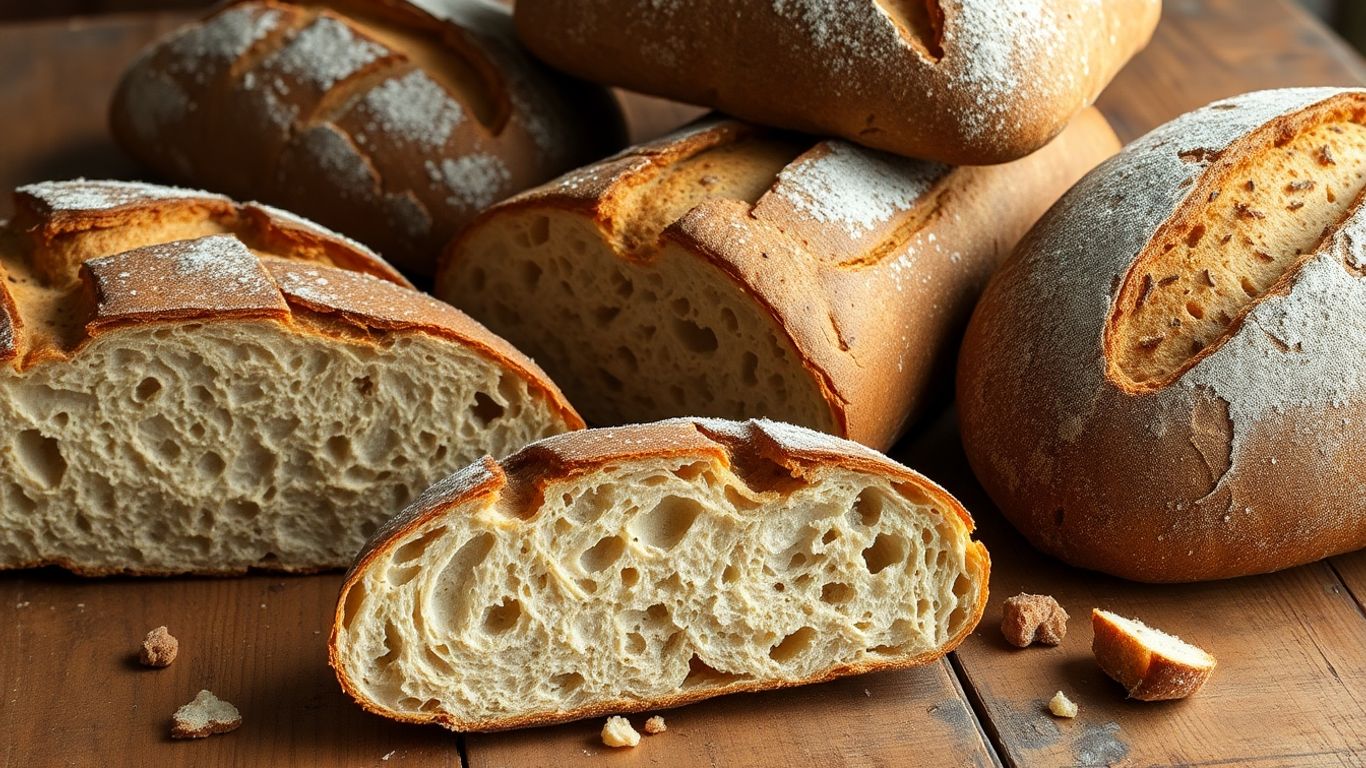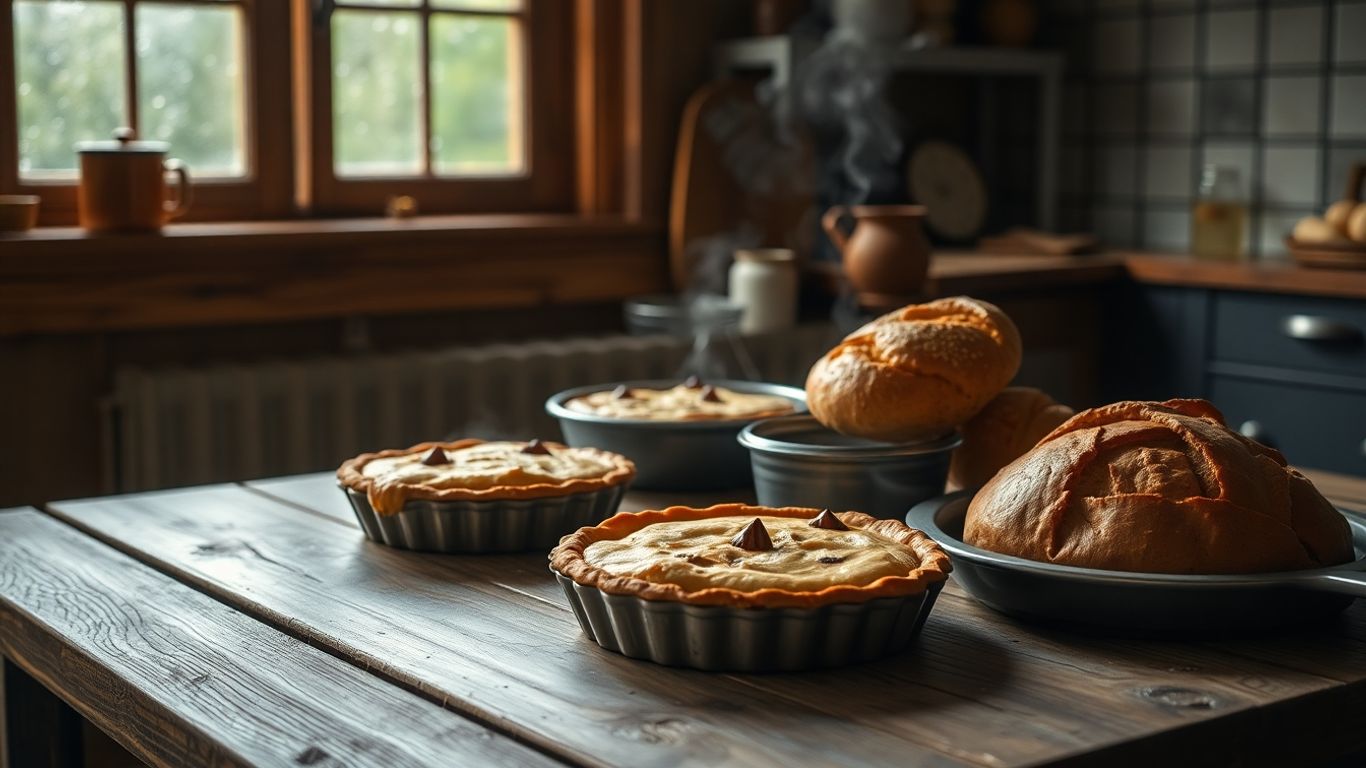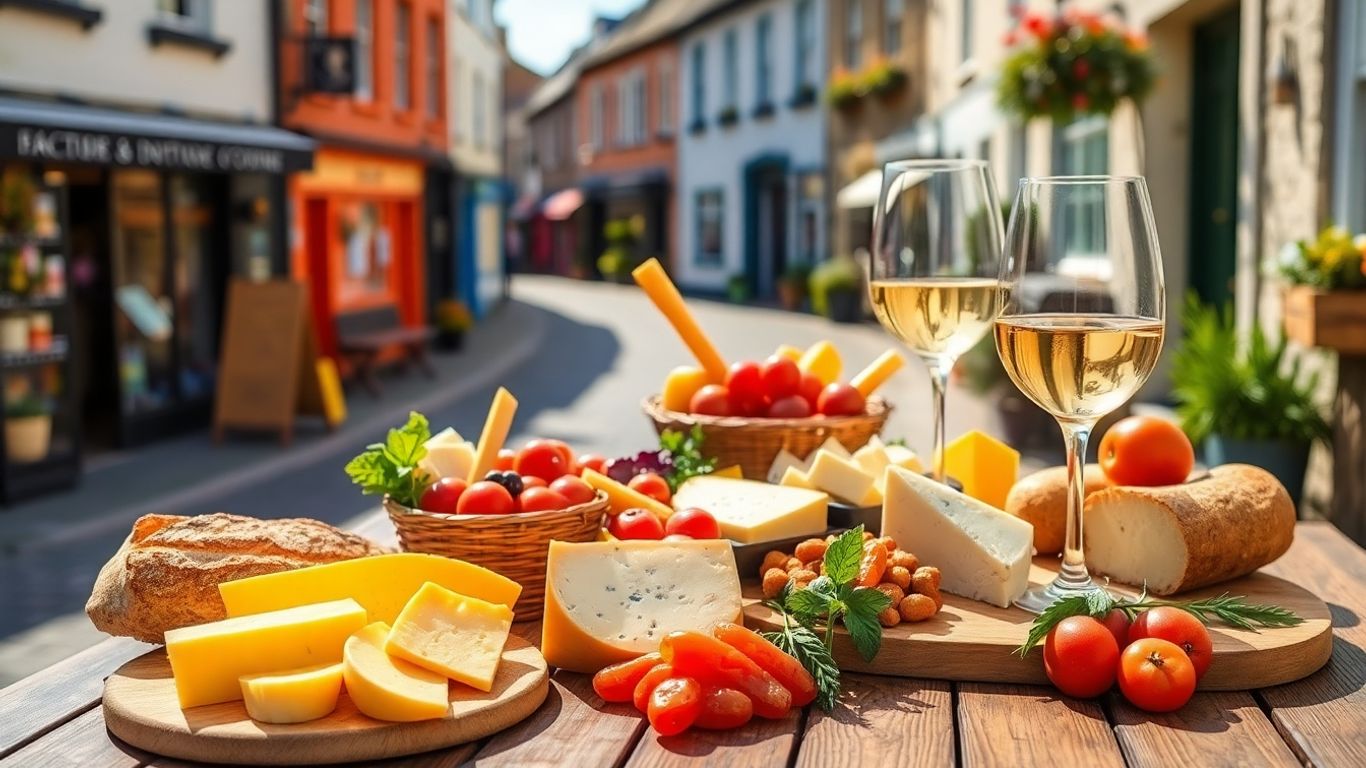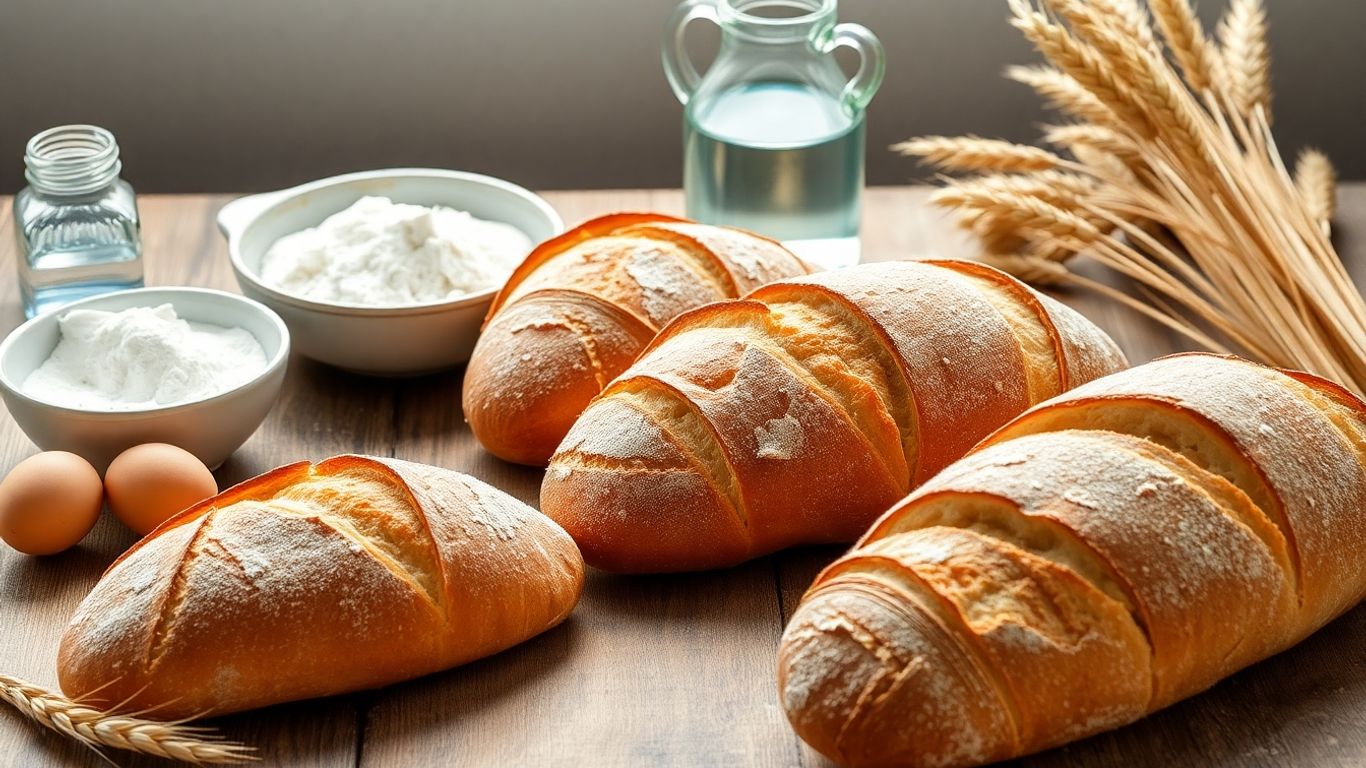Ever wondered what gives sourdough in Totnes that special something? I popped down to a local bakery to chat with the head baker about their sourdough totnes. It turns out there’s more to it than just flour and water. We talked about the local water, the grains they use, and how they make their bread. It’s pretty fascinating stuff, really.
Key Takeaways
- The water in Totnes has a unique mineral and microbe mix that really helps sourdough totnes develop its flavour.
- Using local Devon grains gives the bread a distinct taste that you won’t find elsewhere.
- The bakers in Totnes take their time, using slow fermentation methods to get the best results for their sourdough totnes.
The Totnes Water: A Secret Ingredient for Sourdough Totnes
Right then, let’s talk about the water here in Totnes. You know, everyone bangs on about the flour, and yeah, that’s dead important, but I reckon the water plays a massive part in what makes our sourdough so special. It’s not just any old tap water, is it?
Minerals and Microbes
See, the water that comes out of our taps in Totnes has a particular mineral makeup. It’s not super hard, but it’s not soft either. This balance seems to be just right for the wild yeasts and bacteria that make up a sourdough starter. These little critters, the microbes, they thrive in certain conditions, and the mineral content in our water seems to give them a good home. It’s like the perfect soil for them to grow in. Some water can be too chlorinated, which kills off the good bugs, or have minerals that just don’t play nicely with the fermentation process. But here? It just seems to work.
The Impact on Fermentation
So, what does this mean for the actual bread? Well, the water affects how the starter ferments. A healthy starter, fed with good water, will bubble away nicely. This means it’s active and ready to leaven the dough. The minerals can also affect the gluten structure in the flour. A bit of mineral content can actually help strengthen the gluten, which is what gives the bread its chew and structure. Too much or too little of certain minerals can really throw things off, leading to a flat loaf or a starter that just won’t get going. It’s a delicate balance, and I think Totnes water has that sweet spot. It’s not something you can easily replicate elsewhere without really understanding the water chemistry. It’s one of those subtle things that makes a big difference to the final taste and texture of the bread.
Local Flour and Traditional Methods in Totnes Sourdough
Right then, let’s chat about what goes into our Totnes sourdough, beyond just the water. It’s a bit of a love story between the grains we use and how we treat them.
Devon Grains for Distinctive Flavour
We’re pretty lucky here in Devon to have some fantastic local farmers growing heritage wheat varieties. Think spelt, Khorasan, and even some old-school rye. These aren’t your standard supermarket wheats; they’ve got a bit more character, a bit more oomph. When you mill them, especially if it’s done locally and not too finely, you get these lovely bits of bran and germ left in. That’s where a lot of the flavour lives, you see. It gives our sourdough a deeper, nuttier taste and a really satisfying texture that you just don’t get with highly processed flours. It’s about respecting the grain and letting its natural qualities shine through.
The Art of Slow Fermentation
This is where the magic really happens, and it’s all about patience. We don’t rush our sourdough. We let the wild yeasts and bacteria in our starter do their thing, slowly. This long, slow fermentation process breaks down the starches and proteins in the flour, making the bread easier to digest and developing all those complex, tangy flavours we love in a good sourdough. It’s a bit like letting a good stew simmer for hours – the longer it goes, the better it tastes.
Here’s a rough idea of our timeline:
- Starter Feed: We keep our starter lively and active, feeding it regularly.
- Mixing & Bulk Fermentation: This is the main rise, where the dough develops strength and flavour. It can take several hours, depending on the temperature.
- Shaping: Gently forming the dough into its final loaf shape.
- Cold Proving: A long, slow chill in the fridge overnight helps develop even more flavour and makes the dough easier to score and bake.
- Baking: A hot oven, usually with steam, gives us that lovely crust and open crumb.
It’s a bit of a dance, really. You’re working with living things – the flour, the water, the starter – and you have to pay attention to what they’re telling you. The weather, the humidity, even the time of year can affect how the dough behaves. It’s not an exact science, more of an intuition you build up over time.
So, when you get a loaf from us, you’re not just getting bread; you’re getting the taste of Devon’s fields and the result of a process that’s been honed over time. It’s proper, honest baking.
In Totnes, we love using local flour and old-school baking methods to make our sourdough. It gives our bread a really special taste and texture that you won’t find anywhere else. Want to try a loaf made with these traditional techniques? Come visit us and taste the difference!
So, What’s the Totnes Sourdough Secret?
Right then, after all that chat about flour and fermentation, it’s pretty clear that Totnes sourdough isn’t just about making bread. It’s a whole vibe, isn’t it? You’ve got the local ingredients, the passion from the bakers, and that undeniable spirit of the town all mixed into every loaf. It’s not just a tasty treat; it’s a bit of Totnes history you can eat. So next time you grab a sourdough from one of the local spots, give it a nod – you’re tasting something pretty special, made with a lot of heart right here in Devon.
Frequently Asked Questions
Is the water in Totnes really that special for sourdough?
You bet! The water here in Totnes has a unique mix of minerals and tiny living things, called microbes. These little guys are super important for making sourdough dough rise and get that lovely tangy taste. It’s like the water gives the starter a special boost, making the bread taste a bit different from sourdough made elsewhere.
What’s so great about using local flour for Totnes sourdough?
Using flour from Devon grains makes a big difference! The type of wheat grown around here gives the bread a really distinctive flavour – a bit more character, you know? Plus, bakers in Totnes often use old-school methods, like letting the dough rise slowly. This slow process really lets the flavours develop properly, creating a tastier loaf.
Can I make sourdough like this at home?
Absolutely! While the Totnes water and local flour give it a special touch, the basics are the same. You’ll need a good sourdough starter, decent flour (local is great if you can get it!), and patience. Letting your dough rise slowly is key. Experiment with your own water and flour, and you might just discover your own unique Totnes-style sourdough!







